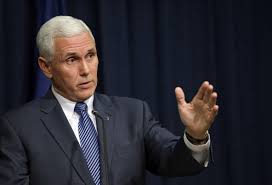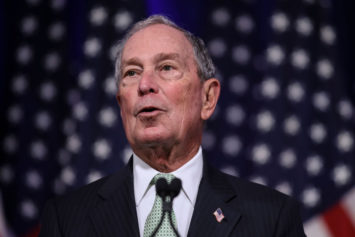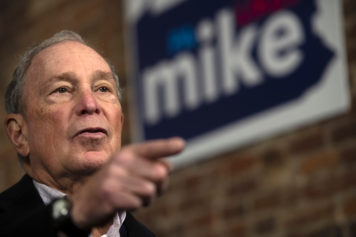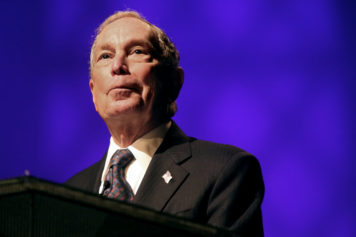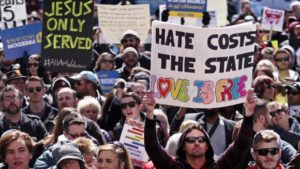
Corporate titans Apple, Angie’s List, Ely Lilly and others have called on Gov. Mike Pence to clarify or rectify the bill that passed last week or their companies will hit the state in its most vulnerable spot: the pocketbook. Democratic governors have ceased doing business there until changes are made to the law.
The University of Connecticut president banned his men’s basketball team coaches from traveling to Indianapolis for this weekend’s Final Four.
In short, the response has been swift and overwhelming, and Pence has vowed to “fix” the act so that businesses could not use the law to deny services to same-sex couples.
All this begs obvious but critical questions: Where was the call for banning business in New York when Black people there were being stopped and frisked at ridiculous rates that violated their basic right to walk the streets without harassment?
Where was the outrage and demand for immediate change when the Department of Justice released a report that indicated widespread corruption and racism in Ferguson, Missouri, where Black citizens were arrested for petty crimes and the judicial system was used by officials as a money grab?
Politicians offered little in the wake of stop and frisk. They shook their collective heads and moved on to the next meeting. No galvanizing of forces. No planned demonstrations about the breaking of the Constitution. No speeches from political leaders about reform or the gross violation of human rights for African-Americans impacted by the racial profiling.
Juxtaposed against the vast outcry from many circuits about the Indiana law, and Black lives do not seem to matter as much—if calling for change, threatening to take away business and refusing to travel there are barometers.
This disparity in response and support illuminates how African-Americans continue to fight their battles primarily by themselves, how some may talk about the injustices, but do little to act on them when Blacks are at the core of the concerns.
This movement against Indiana (and Arkansas, which also passed the bill) displays fully the power of a unified assault, especially when losing money is at the core of the thrust. If Indiana’s so-called “religious freedom” law dies, rest assured Corporate America will have killed it. Big Business’ full-scale criticism of Indiana’s act has stimulated so much opposition that both states almost assuredly will fold under the pressure and amend the laws.
Pence vehemently denied accusations that the law would allow businesses to refuse service to gay customers, but said he would nevertheless support changes to the law in order to clear the air. Neither Pence nor GOP leaders in the legislature have detailed what the amendment will say.
Corporate America, which in 2012 had no complaints about North Carolina passing a no same-sex law, has reversed itself in warp speed, with Fortune 500 companies morphing into one of the country’s most powerful social advocates for change.
“We’re probably at a tipping point,” said Irv Schenkler, a clinical professor of management communication at New York University’s Stern School of Business, said to Huffington Post.
Democratic governors, joined by New York Governor Andrew Cuomo on Tuesday, banned official state business travel to Indiana. Auto racing company NASCAR and the Indianapolis-based NCAA, an organization for university athletic programs, voiced concern over the law.
At a news conference Pence said the law protected people of all faiths from being forced by the government to go against their beliefs. The lawyer and one-time radio talk-show host repeatedly denied that the intent of the law was to allow discrimination. At present, 37 of the 50 states and the District of Columbia permit gay marriage.
